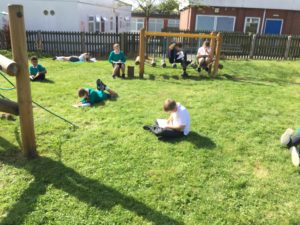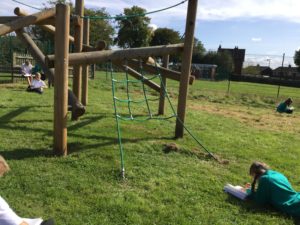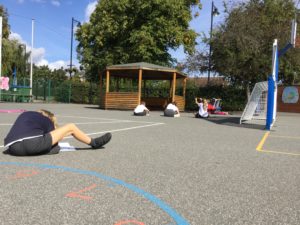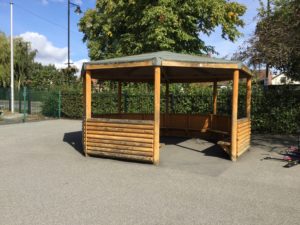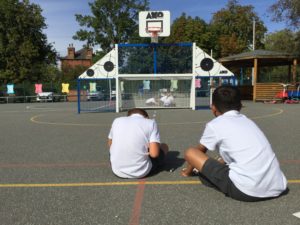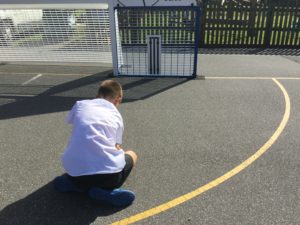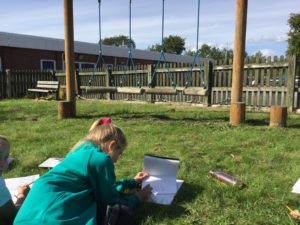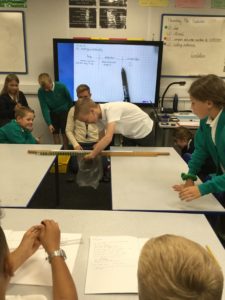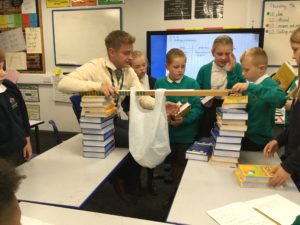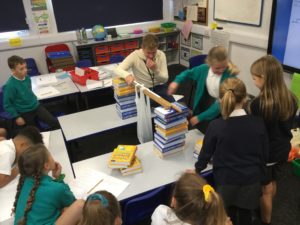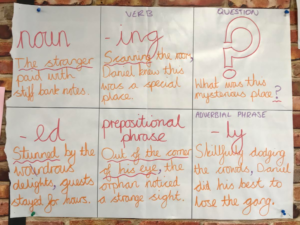Recently, in our topic lessons (inspired by our class novel: The Nowhere Emporium), we have been learning, practising and improving a range of new art skills.
In particular, we’ve focussed on observational drawing (ask your child what ‘observational’ means). After developing our skills with some more simple items in the classroom, we went outside to draw some of the structures we can see in our school grounds. Ask your child what they drew.
We’ll be applying these skills on our trip into Leeds city centre where we’ll study some of the more interesting buildings as well as finding out about the architects who designed them. Ask your child what an architect is – can they name any?
